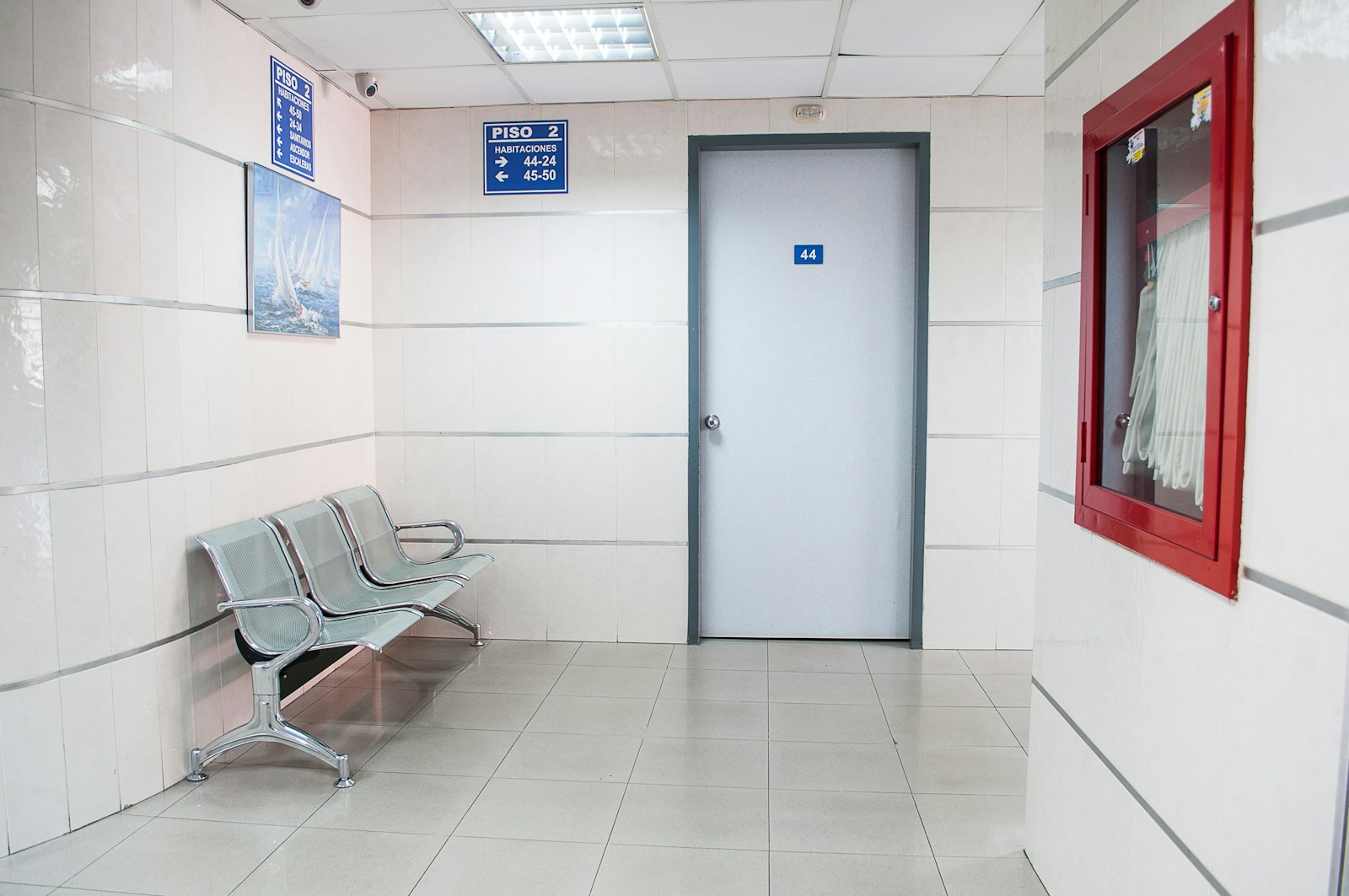In recent years, there has been a significant shift in the perception and acceptance of medical marijuana (MMJ) as a viable treatment option for various health conditions. This evolution has led to the emergence of MMJ clinics, which serve as vital hubs for patients seeking alternative therapies. These clinics not only provide access to medical cannabis but also offer comprehensive care and guidance tailored to individual needs. In this article, we delve into the pivotal role MMJ clinics play in modern healthcare, exploring their functions, benefits, and impact on patient well-being.
The Gateway to Holistic Healing: Accessing MMJ Clinic
MMJ clinic serves as a gateway for patients to access medical marijuana in a safe, legal, and regulated environment. These clinics are staffed with knowledgeable healthcare professionals, including physicians, nurses, and pharmacists, who specialize in cannabinoid medicine. Patients can expect personalized consultations, where their medical history, symptoms, and treatment goals are thoroughly assessed. Through this collaborative approach, individuals receive expert guidance on strain selection, dosage, and administration methods tailored to their specific needs.
Dispelling Myths and Educating Patients
One of the primary functions of the MMJ clinic is to educate patients and dispel misconceptions surrounding medical cannabis. Through evidence-based information and clinical expertise, healthcare professionals address concerns regarding safety, efficacy, and legal implications. By fostering a supportive environment, MMJ clinic empowers patients to make informed decisions about their health and well-being. Education initiatives may include seminars, workshops, and informational materials aimed at promoting awareness and understanding of medical marijuana as a therapeutic option.

Comprehensive Care and Support: Beyond Medication Management
MMJ clinics offer more than just access to medical cannabis; they provide comprehensive care and support throughout the treatment journey. This holistic approach encompasses various modalities, such as nutritional counseling, mindfulness techniques, and complementary therapies, to optimize patient outcomes. Moreover, MMJ clinics may collaborate with other healthcare providers to ensure integrated care and continuity of treatment. These clinics foster a holistic healing environment conducive to patient empowerment and resilience by addressing the physical, emotional, and social aspects of wellness.
Advancing Research and Innovation: Driving Evidence-Based Practice
As advocates for evidence-based medicine, MMJ clinics contribute to the advancement of research and innovation in cannabinoid therapeutics. Through clinical trials, observational studies, and patient registries, these clinics generate valuable data on the safety, efficacy, and long-term effects of medical marijuana. By partnering with academic institutions, research organizations, and industry stakeholders, MMJ clinics facilitate the translation of scientific knowledge into clinical practice. This collaborative approach not only expands our understanding of medical cannabis but also paves the way for future breakthroughs in cannabinoid-based therapies.
Conclusion
In conclusion, the MMJ clinic represents a transformative force in modern healthcare, offering patients access to alternative therapies and comprehensive care. By providing education, support, and evidence-based treatment options, these clinics empower individuals to take control of their health and well-being. As we continue to explore the therapeutic potential of medical cannabis, MMJ clinics will play an instrumental role in shaping the future of medicine. Through innovation, collaboration, and compassion, we can embrace a new paradigm of healing that honors the diverse needs and preferences of patients worldwide.




